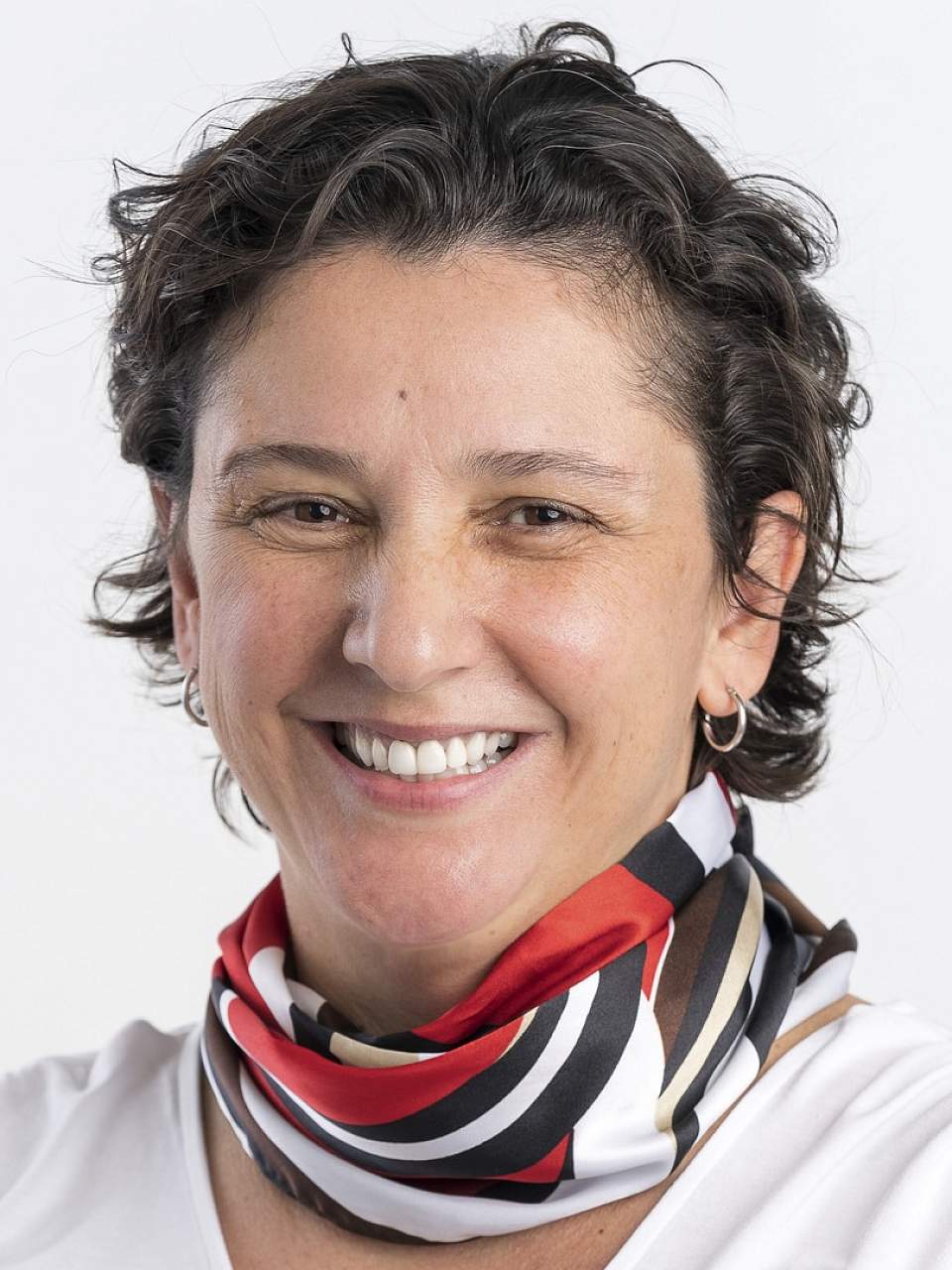Voices of U of U Health
Stronger Community, Stronger Students, Stronger School
By Paloma Cariello, MD, MPH
In academic medicine, we often talk about excellence in education, research, and patient care. Central to our missions is something harder to measure but perhaps just as critical: culture.
By that, I mean the culture we create for students, colleagues, and one another.
At the Spencer Fox Eccles School of Medicine at the University of Utah, that culture is exactly what the Office of Academic Culture and Community (OACC) is here to foster.
The OACC is a community-building branch of the medical school, created to help every student and faculty member feel supported, connected, and equipped to succeed. We don’t exist to regulate, enforce, or point out flaws. We exist to build.
OACC is the Seedbed of Student-Driven Culture
The OACC supports medical students through two main fellowship tracks: Mentorship and Research & Advocacy. These fellowships are designed for second-, third,- and fourth-year students who want to lead, support peers, and make lasting contributions to the school. Fellows help plan student workshops, serve on important school committees, and act as a bridge between students and leadership. It’s one of the most meaningful ways we connect student voices directly to decision-making.
We also collaborate with a wide range of student groups to help organize events and projects that bring people together. From community outreach to hosting celebrations like Women’s History Month, we support student-led initiatives that reflect the values of our institution.
Projects like these are run by students, but we make sure they are well-resourced and compliant with institutional guidelines so they can succeed.
We also partner with other offices across the school—student affairs, curriculum, Graduate Medical Education, admissions, and faculty affairs—because true culture change only happens when we work together. No one office, department, or person can do this alone. And that’s the point: connection is the foundation.

OACC Is a Relationship Generator
The OACC’s work isn’t limited to events, projects, and programs. Collectively, it’s about shaping the overall experience of medical education at the Spencer Fox Eccles School of Medicine. We do that by:
-
Promoting well-being
-
Addressing burnout
-
Encouraging mentorship
-
Listening to the needs of all members of the academic community
We’re creating an environment where no one feels like an outsider. Where students and trainees can form real relationships, find inspiring mentors, and build friendships that go beyond graduation and learning. Where they see medical school as not merely an institution but as a home.
I often say: we’re not here to “fix” students or staff. We’re here to walk alongside them and help them grow in a place where they feel valued and understood.

OACC Deepens Connections
Recently, former US Surgeon General Vivek Murthy, MD, MBA, shared what he called his “last prescription” before leaving office:
“Today, we are faced with a profound choice: do we continue with the status quo, marked by pain, disconnection, and division? Or do we choose a different path—one of joy, health, and fulfillment, where we turn toward each other instead of away from each other; where we choose love over fear; where we recognize community as the irreplaceable foundation for our well-being? As I finish my tenure as Surgeon General, this is my parting prescription, my final wish for all of us: choose community.”
That vision resonates with me. Connection is not a soft concept. It’s essential to well-being, learning, and leadership. At the OACC, we are proud to be part of that movement toward deeper connection.
Our goal is simple: to help create a culture where everyone in our academic community wants to stay, give back, and grow. Not just as doctors, but as people.
Our office aims to extend bridges of connection and support to everyone in the School of Medicine. Students, faculty, and staff. No matter your role, we want everyone to feel that they belong, that they have help, and that they are part of a community.
When we build that kind of community and culture, we’re not just improving medical education and academic medicine. We’re preparing physicians who understand the power of partnership, empathy, and respect. And that makes us all better.
